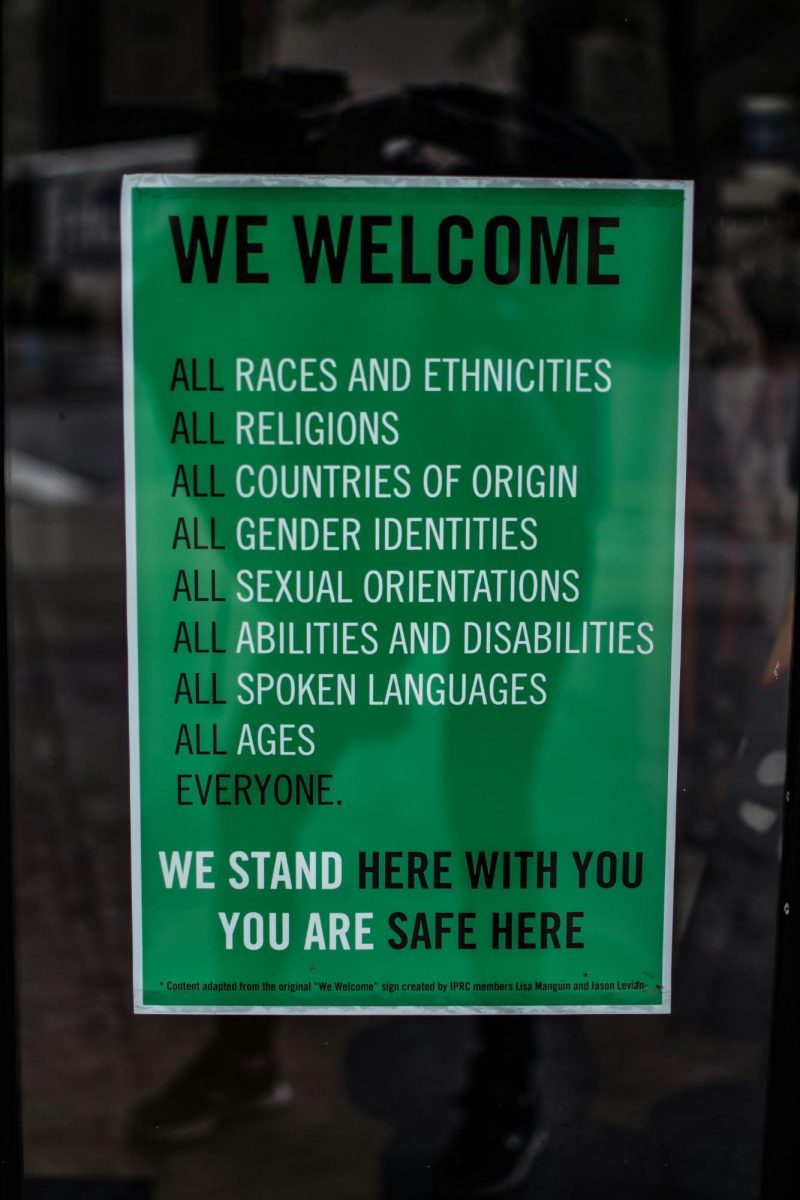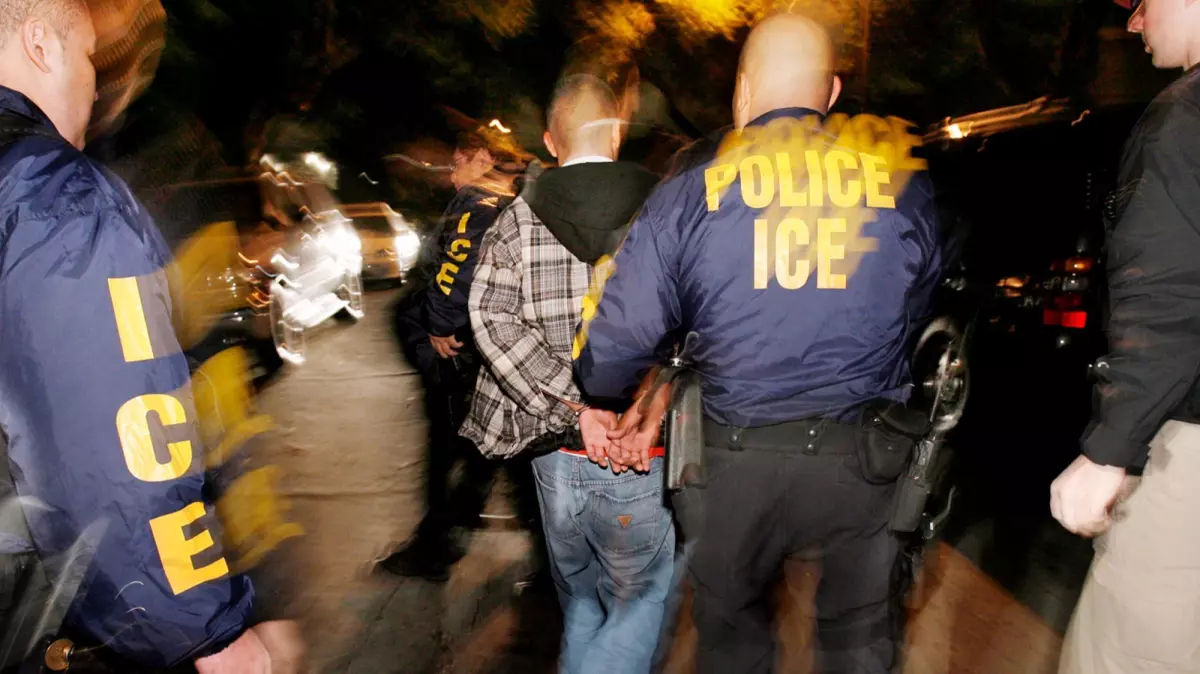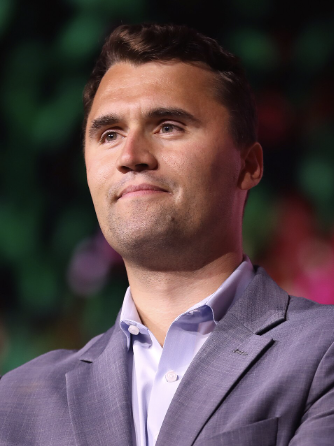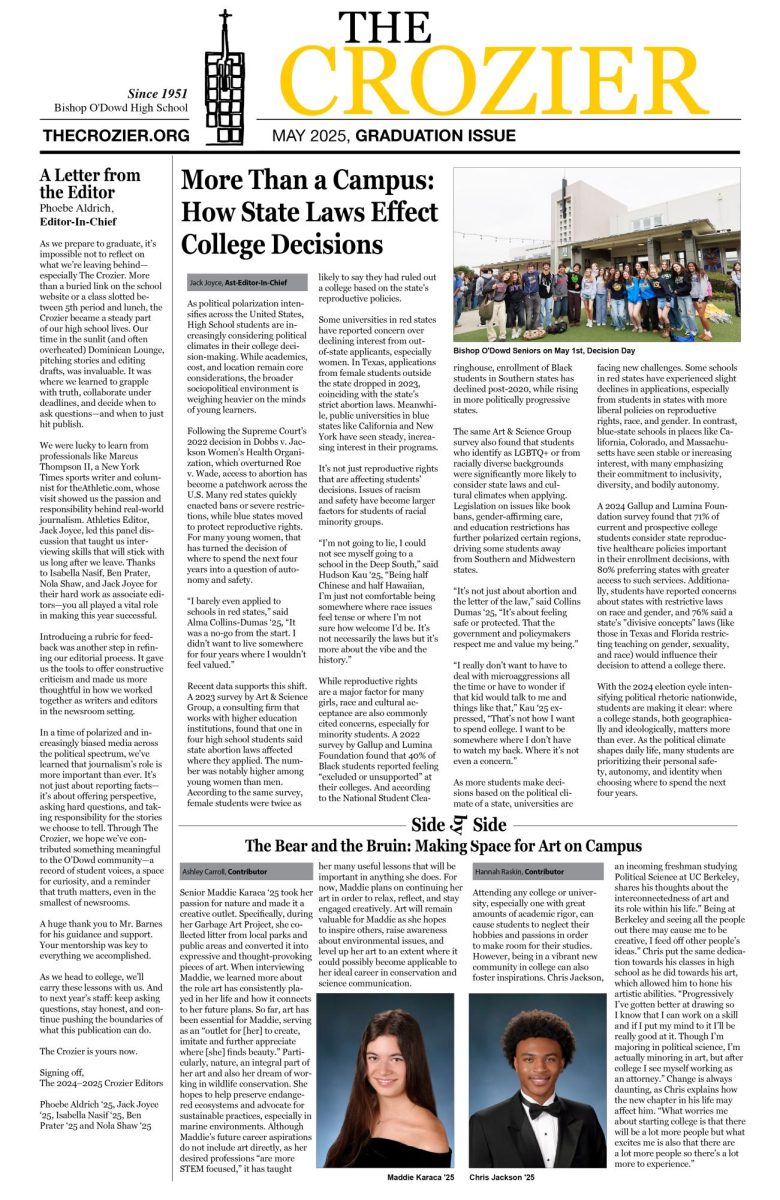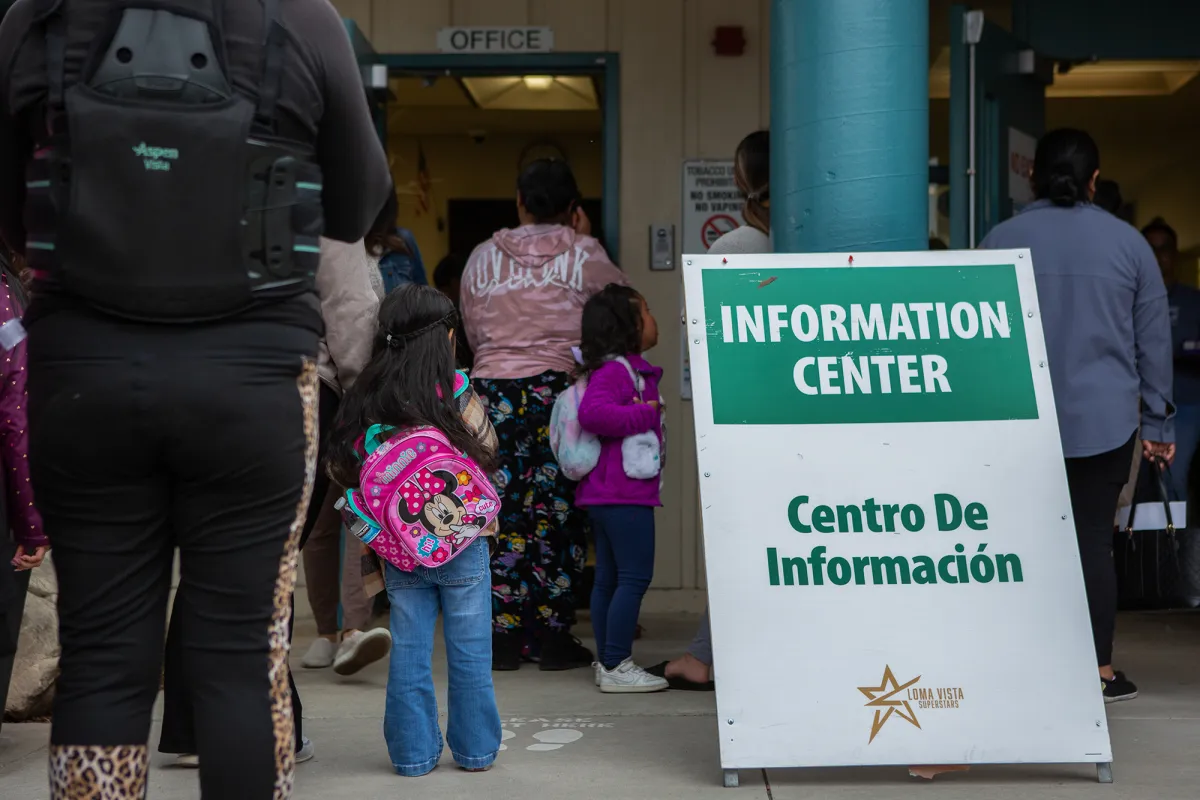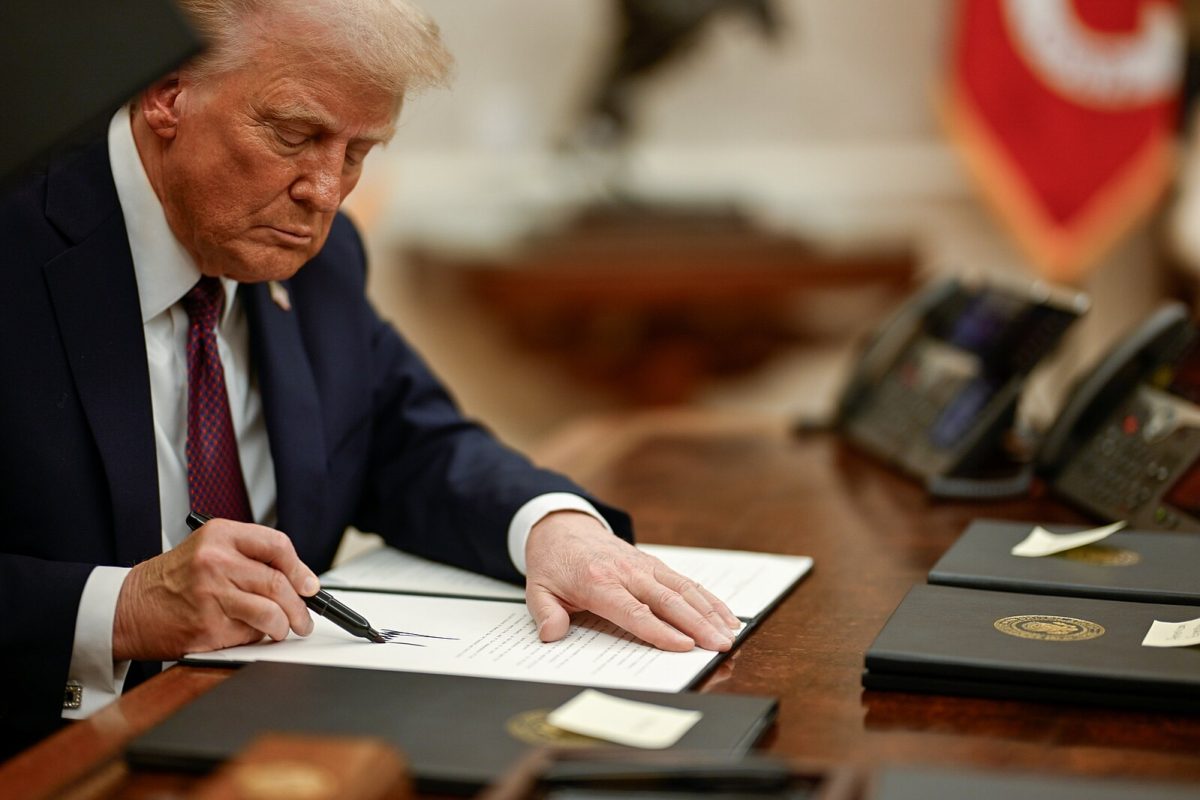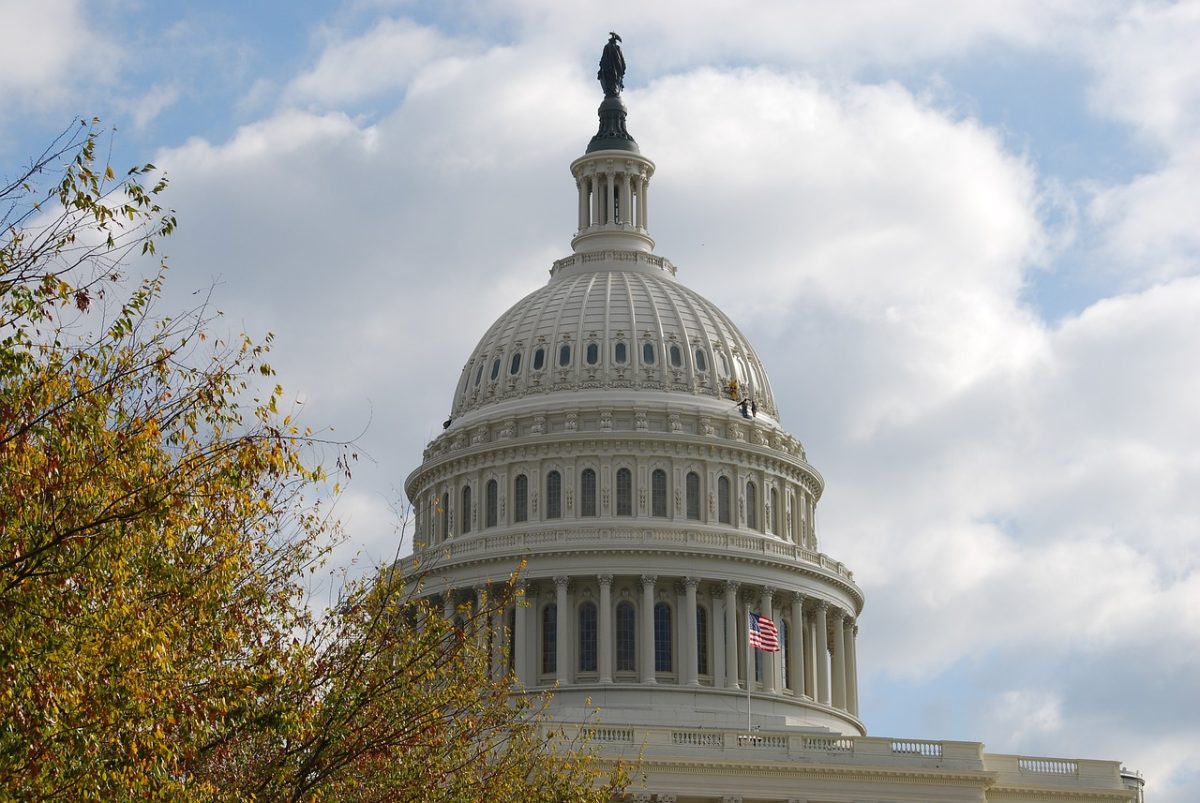Amid the many proposals and orders President Donald Trump pushed out on his first day back in office, the dismantling of Diversity, Equity, and Inclusion (DEI) programs has dominated the media. Recently, these programs have become a topic of controversy due to their impact on the hiring process and shifting views on inclusion and diversity.
DEI refers to programs put in place to promote the equal representation of underrepresented groups in order to create an inclusive workplace. DEI policies first emerged after the Civil Rights movement; Congress established the Equal Employment Opportunity Act in 1972, which prohibits the discrimination of anyone in the workplace based on their race, gender, and national origin, among others.
On January 20th of this year, Trump signed an executive order called “Ending Radical and Wasteful Government DEI Programs and Preferencing”, or Executive Order 14151, into action. This order refers to DEI programs as “illegal and immoral discrimination programs,” and calls for their immediate termination.
In a speech to the World Economic Forum, Trump claimed that this order would cause the USA to “once again become a merit-based country.” Essentially, he believes that DEI programs cater to marginalized people who may not have “earned” their position. Even the term “DEI hire” has become controversially used to diminish underrepresented people who are supposedly solely hired to meet a “diversity target.”
In response to Executive Order 14151, companies like Target, Google, Amazon, and Meta Platforms have rescinded their efforts to promote DEI within their companies. In a statement made on January 24, Target stated they would terminate initiatives that promoted racial equity and end “diversity-focused surveys.”
DEI initiatives were designed to dismantle the systemic barriers that stand in the way of underrepresented people in the United States, many of whom meet or surpass hiring qualifications. However, they may not see themselves reflected in their employees, or may not have been encouraged to apply.
Armando Diaz, Bishop O’Dowd’s Director of Equity and Inclusion, pointed out, “There’s so much that goes into people’s life stories and in the workplace, where they may not have had chances to get that leg up or get that education or get that certificate. In a hiring process, if you don’t try to level that playing field for everybody, then you really just have allowed all those inequalities to continue.”
Although the idea of hiring purely based on ability or keeping a level playing field for everyone may sound good in theory, it “assumes everyone had a chance to even be in the stadium, or even had a chance to buy a ticket or get a ride to the game,” he explained. “I think people know that those issues are not solved and therefore, we still need to have DEI policies and procedures.”
While DEI programs cover prominent issues like racism and sexism, they also play a part in other aspects of the workplace. In fact, they allow for parental leave, flexible religious holidays, IEP and 504 plans, and remote work schedules.
But what are companies that have suspended their DEI measures ignoring? Diaz noted that companies miss out on having different experiences and points of view that could strengthen their organization, pointing out that they lack “the opportunity to find that talent and passion can come from anywhere.”
While it may still be too early to determine the larger impacts of the erasure of DEI initiatives across the US, the removal of DEI programs exemplifies a growing shift toward the rise of intolerance in America. However, Diaz clarified that DEI programs will remain a fundamental part of the O’Dowd community. “I would just want to let everyone know that we’re not changing our mission,” he emphasized. “We’re not changing who we are and it’s full steam ahead.” Although DEI programs may be under threat, they will remain an important and essential part of Bishop O’Dowd.

